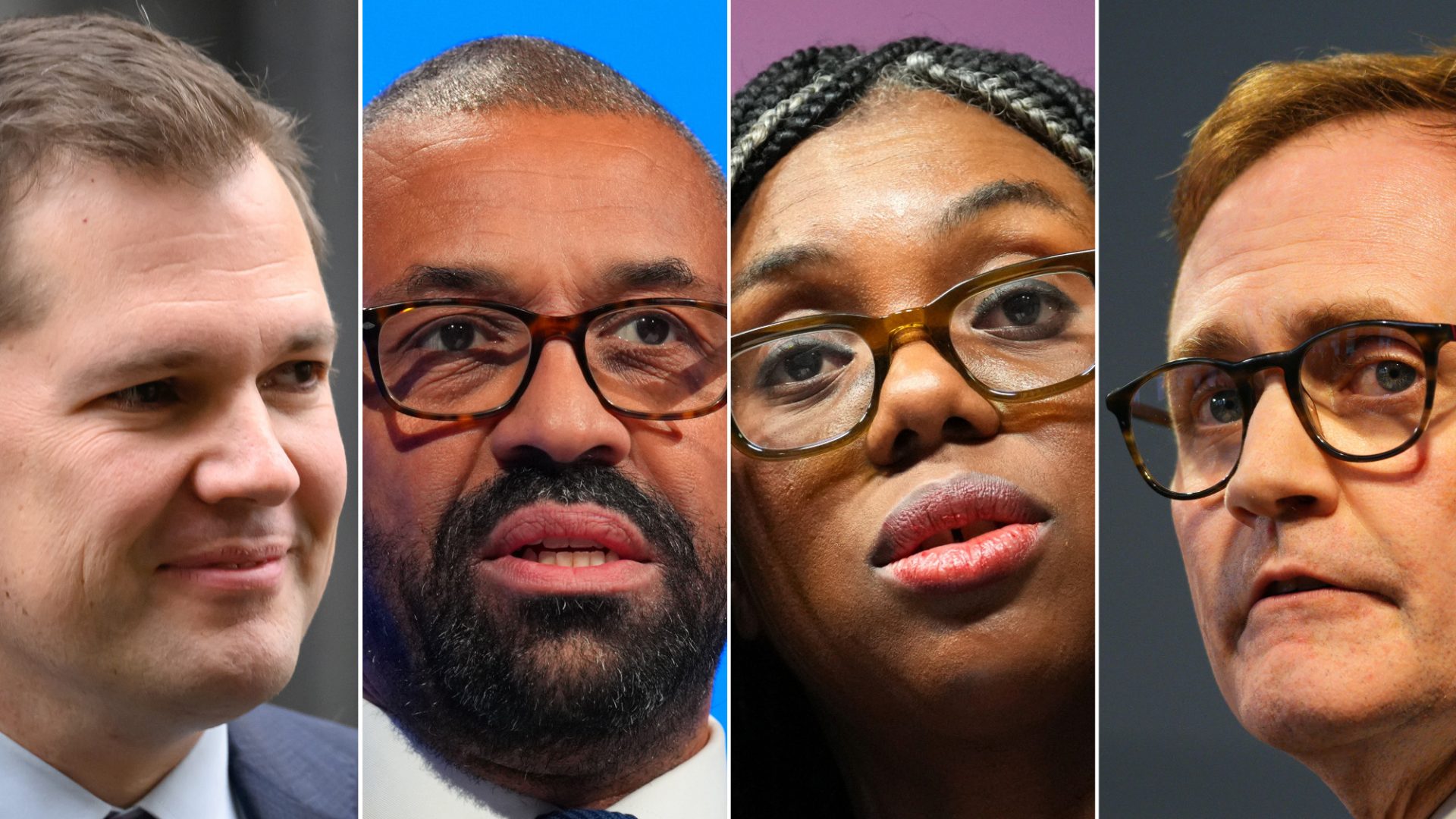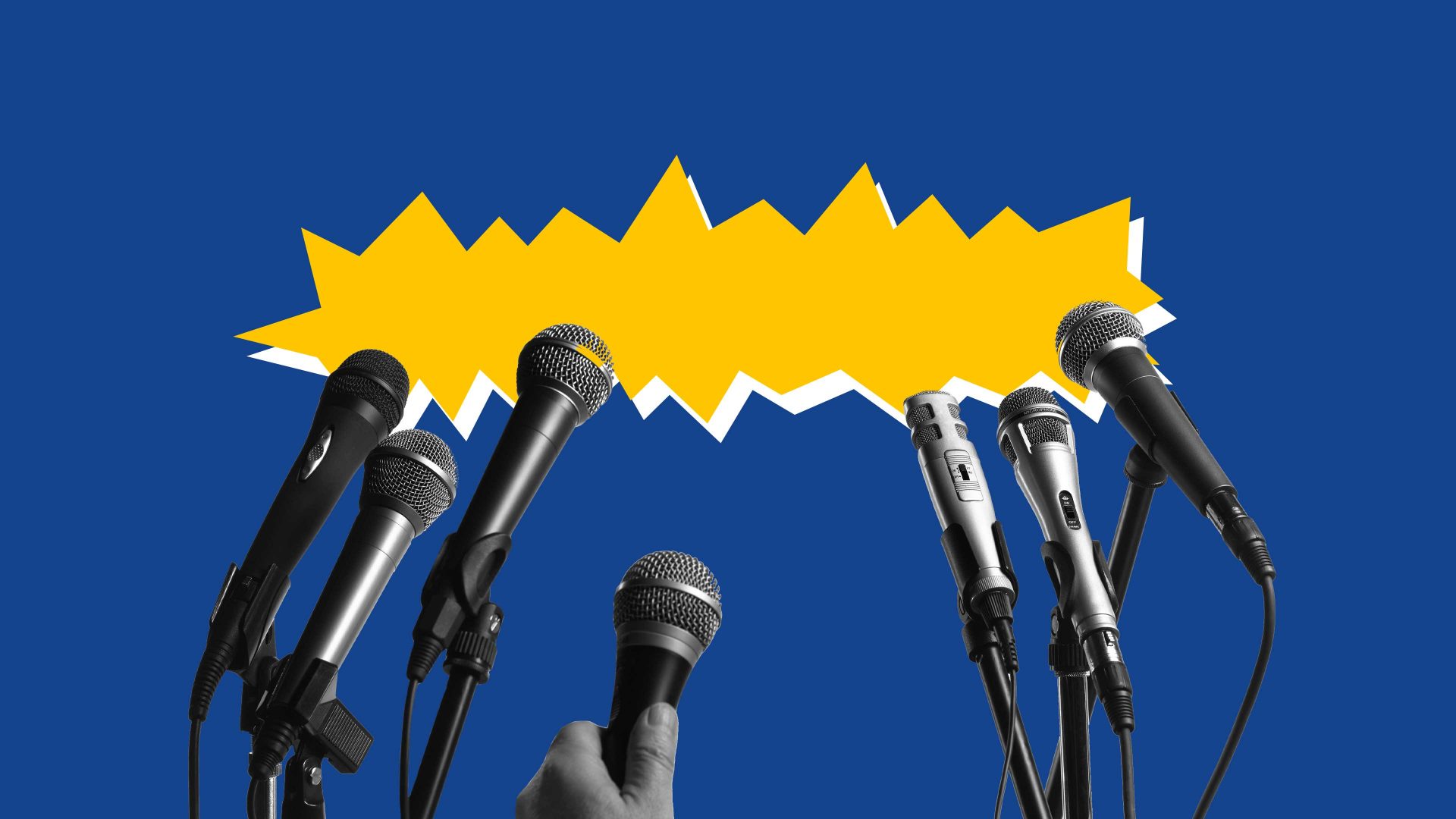Britain isn’t alone in failing to learn the lessons of Brexit. The populist march that picked up steam in the early 2010s still has its sights fixed on the Brussels establishment.
Despite the catastrophic fallout of the 2016 referendum, the Eurosceptic movement is more powerful and organised than in 2016. But the Eurosceptics we are talking about are not the five Reform MPs elected to parliament this summer, nor those vying to lead the Conservative Party after its election humiliation. The most powerful Eurosceptics these days are spread across the European Union – and their biggest enablers are, insiders say, right at the heart of power in Brussels itself.
Every time an election in Europe returns high support for right wing Eurosceptic parties – a trend that is likely to continue when Austria goes to the polls on September 29 – there is a tendency to call it a surge. Then come days of hand-wringing about seismic shifts caused by voter dissatisfaction.
This is a wrongheaded reading of what has happened to the European right over the past decade. Not addressing why it has gained so much traction means this pattern could be repeated indefinitely.
Some point their fingers squarely at EU institutions, with particular disdain reserved for the commission, council and parliament. Others direct their ire at national leaders playing bogeyman politics at home.
The European Commission, which has for years been dominated by the centre right European People’s Party, is certainly guilty of accommodating anti-EU leaders and making concessions to politicians who have spent their lives railing against Brussels.
A recent example of this is how Ursula von der Leyen, the commission president, embraced the anti-immigration Italian PM (and now Keir Starmer inspiration) Giorgia Meloni after she took charge of her country in 2022. Von der Leyen famously visited the Italian island of Lampedusa and gave a press conference with Meloni – at the same time as Meloni was pushing for an EU naval blockade of the island to prevent refugees from arriving there by boat. Naval blockades are typically associated with containing enemies during wars, not preventing people fleeing war zones from reaching safety. Rather than admonish Meloni, von der Leyen pledged to “explore options to expand naval missions in the Mediterranean”.
Pro-EU politicians complain that this type of indulgence is the result of a “grubby” alliance between the commission and national leaders of member states. Critics say this alliance means it no longer acts as an administrative body protecting the EU as a whole, rather it behaves like a national government itself, working bilaterally with leaders to solve problems. This invariably means that national governments are not held to account for breaking EU rules.
The rule of law crises in Poland and Hungary, where both countries were accused of violating the EU treaties, are frequently cited. Both countries were essentially let off because the rest of the EU needed to pass various pieces of legislation that required member state unanimity – difficult when each country holds a veto.
“If we don’t fix any of this soon, the EU ceases to exist in any meaningful way,” says Sophie in ’t Veld, who served as a Dutch member of the European Parliament from 2004 to 2024. “If the EU’s leadership continues to care more about their own power and grubby deals to keep it from protecting the union, that means no real checks and balances. And without checks and balances, there is no democracy.”
Bending over backwards to accommodate people who hold the EU in contempt is nothing new. When Britain first floated the idea of holding a referendum, former prime minister David Cameron was given the famous “emergency brake” that would allow Britain to limit in-work benefits for new EU migrants. For a country like the UK, an attractive destination for fellow Europeans, this was a big deal, and upset other member states.
Despite the break being a good deal for Cameron, it fell into what became the perennial Brexit trap for all of his successors: no matter how big a concession Brussels made or how impressive a deal British PMs struck, it was never enough for the diehards.
The repeated dynamic of diplomatic wins in Europe being seen as domestic betrayals in Britain were ultimately what did for Theresa May. The EU, despite what British media reports at the time might have claimed, repeatedly found ways to keep the UK’s negotiators at the table. They gave her two deals that were far from easy to square off among the 27 member states, only to see them die in parliament as Eurosceptics repeatedly moved their goalposts.
Eurosceptics across the continent watched the Brexit negotiations with great interest. While the overall view was that Britain got a good deal, it is seen even now as a worse deal than still being in the EU and able to influence decisions to your advantage.
A new type of Euroscepticism was soon born that, rather than seeking to leave the bloc, sought to take over its institutions from the inside. Far right victories in the European Parliament, regional legislatures and national votes have fundamentally changed the politics of the bloc.
In several EU countries, anti-Europe parties form part of national governments. In some cases, as in Italy, they lead the government. It’s sometimes more subtle, as is the case in France where Emmanuel Macron, following a humiliating defeat in his snap parliamentary elections, has had to install Michel Barnier as his new prime minister in a last-ditch attempt to stop his government from collapsing.
Barnier, once seen as the Europhile defender-in-chief, is hoping to form a cross-party government that will involve Macron’s far right presidential rival, Marine Le Pen. Le Pen has not yet said she will oppose Barnier, claiming that he “seems to have the same position as we do on migration”. Despite a left wing coalition coming first in these elections, Macron – arguably Europe’s most powerful leader – has instead instructed Barnier to work with someone who used to lead France’s National Front.
A similar dynamic will soon play out in the European Parliament. In June’s European elections, sceptics became king-makers for the centre right EPP as they recorded their best-ever results. Despite the centrist parties holding relatively firm, von der Leyen has clearly made the political choice to work with Eurosceptic parties in order to retain her grip on the levers of power in Brussels. Privately, these harder right groups are salivating at the prospect of slowing Europe’s green agenda, forcing a tougher stance on migration and weakening the European institutions without killing them – after all, many of these people still benefit from the EU’s existence.
Alice Stollmeyer, executive director at Defend Democracy, a Brussels-based NGO, points to the Hungarian PM, Viktor Orbán – famed for his friendship with Donald Trump and support of Vladimir Putin – as the prime example of the Eurosceptics’ soft takeover.
“Orbán knows he can get more EU money by staying than leaving. For Putin’s proxies, it is easier to undermine the EU from within than from the outside.”
Finding a cure requires an accurate diagnosis. We are not witnessing a sudden surge of anti-European sentiment, but a slow morphing of the European central bodies into a terrified political elite. They seemingly believe that placating people like Orbán, Le Pen and Meloni will curb their most lethal instincts.
It’s easy to see how this has played out in domestic and pan-European politics. Olaf Scholz, the centre left leader of Germany, has recently tightened border control, undermining the free movement of people that is central to European unity. The new Netherlands government, led by Geert Wilders’ nationalist, anti-Islam PVV, is agitating for an opt-out on taking asylum seekers. Von der Leyen has been criticised for backsliding on her environmental protection commitments in order to win support from far right political allies.
However, there are small chinks in the far right armour that could be hit, if the Brussels establishment wished to do so.
Taking the examples of Orbán, Le Pen and Meloni: while all these politicians sit in a similar place on the political spectrum, they disagree on a number of key issues – most obviously support for Ukraine and punishing Russia. They also have subtly different views on things like how to deal with the rise of China. These disagreements more often than not boil down to their own domestic interests: public opinion, and what actual threat China poses to them specifically as a nation.
In theory, broader European interests should unite the many against the few. Theoretically, the member states could repeat their rally-the-flag approach to Brexit and squeeze out the lone actors. The difficulty is that Brexit was a uniquely 21st-century problem. The EU institutions are set up in a way that can only deal with one delinquent at a time – as with Brexit.
Unfortunately, the delinquent ranks have swelled since 2016, after Eurosceptics learned the lessons from Brexit far better than the Brussels elite. No matter how sensible accommodating these people might seem in the short term, recent history suggests that they know how to grow their power and influence.
Fail to halt them now, and Brussels could wake up in eight years wondering how people who once wanted to destroy the EU are now firmly in control of its money and levers of power.
Luke McGee is a freelance writer covering politics, defence and security across Europe



